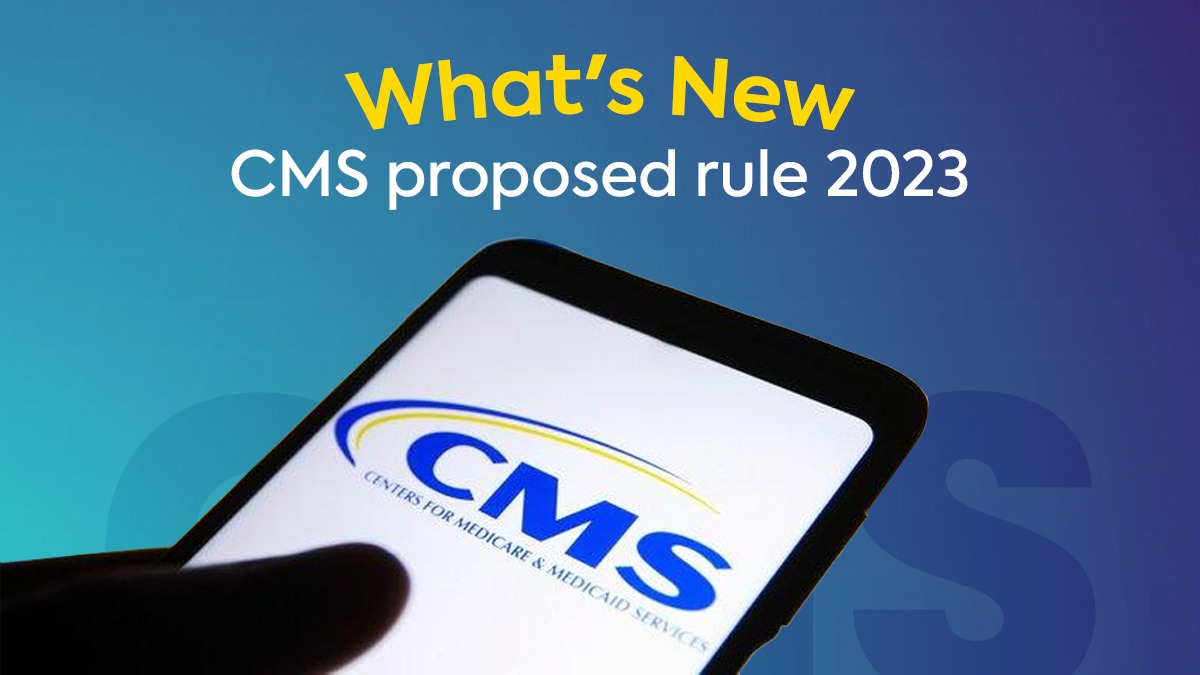The Centers for Medicare and Medicaid Services (CMS) has proposed a new rule that aims to speed up the initial authorization process and improve interoperability in the US healthcare system.
CMS Proposed Rule 2023 would require specific payers, including Medicare Advantage organizations, to use prior electronic authorization and to respond to requests within 72 hours for urgent requests and seven days for non-urgent requests. This rule would also require using Health Level 7 (HL7) FHIR standards to support prior electronic authorization.
Additionally, payers would be required to provide a specific reason for denying requests, report certain prior authorization metrics, and respond to requests twice as fast as the current response time limit for Medicare Advantage.
The proposed rule would introduce new measures for prior electronic authorization for eligible hospitals, critical access hospitals, and Merit-based Incentive Payment System (MIPS) eligible clinicians under the Medicare Promoting Interoperability Program.
The proposed rule would introduce new measures for prior electronic authorization for eligible hospitals, critical access hospitals, and Merit-based Incentive Payment System (MIPS) eligible clinicians under the Medicare Promoting Interoperability Program.
CMS Proposed Rule 2023 would require certain payers, including Medicare Advantage organizations, state Medicaid and Children’s Health Insurance Program (CHIP) agencies, Medicaid managed care plans, CHIP managed care entities, and Qualified Health Plan (QHP) issuers on the Federally-Facilitated Exchanges (FFEs) to implement measures to improve interoperability and the prior authorization process.
These policies are expected to save physician practices and hospitals more than $15 billion over 10 years. The proposed policies include expanding the current Patient Access API to include information about prior authorization decisions, allowing providers to access their patients’ data by requiring payers to build and maintain a Provider Access FHIR API and creating longitudinal patient records by requiring payers to exchange patient data using a Payer-to-Payer FHIR API when a patient moves between payers or has concurrent payers.
Additionally, the proposed rule includes requests for information related to standards for social risk factor data, electronic exchange of behavioural health information, improving the business of medical documentation, advancing the Trusted Exchange Framework and Common Agreement (TEFCA), and the role of interoperability in improving maternal health outcomes.
The proposed rule has received support from numerous hospital and physician groups – who voiced particular approval that the proposal includes Medicare Advantage plans – and from the insurance association AHIP.
By improving interoperability and streamlining the prior authorization process, Payers will be better able to access and share patient information and ensure that their patients receive the care they need. This proposed rule is open for comment until March 13, 2023.
